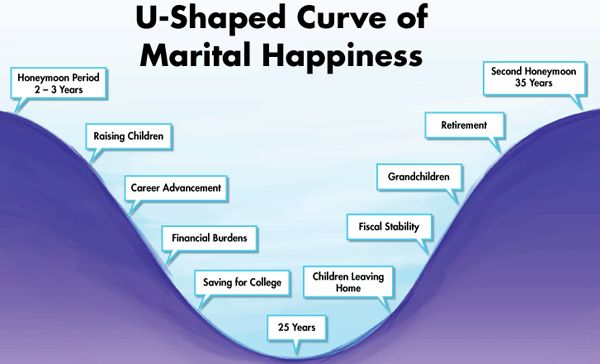When I first heard the idea of postpartum depression in fathers, I thought it was a bunch of hooey. I knew, with the interests I have and the topics I research, I should jump wholeheartedly into the facts of the phenomenon, but I harrumphed at the links and passed them by. Men simply and physiologically could not experience the hormonal onslaught and the horrific physical demands of the perinatal period. I felt that such attention on males would only distract from the already poorly represented female population of sufferers. Could they really have it so bad?
And then I participated in Postpartum Support International‘s webinar on ‘Involving Dads and Partners’.
Dr. Daniel Singley, a psychologist with The Men’s Center for Excellence, opened the webinar with a discussion on relationship issues, stating that one must look at perinatal depression within the arc of a couple’s relationship, as they directly affect each other. Also, a couple’s childbearing years usually coincide with a dip in relationship satisfaction already occurring, an interesting factoid that may explain a lot.
With the modern expectations of hands-on and collaborative fathering, there has not also come guidelines for how to do that. Fathers are told they must support mom, but they aren’t told how. They must be strong for her, but all without anyone having their back. Gender differences often don’t allow for solicitations for help either. If there is an underlying mental health issue already, such conditions exacerbate it.
Parenting is new to both parties – not just the mother. There is a vast body of knowledge yet untapped in human experience until a parent holds that fragile little being. Insecurities and lack of self-confidence abound in both sexes as they navigate these new waters.
Having only walked in my own flattened out shoes, I dare say women still have the larger burden. We had to push the human out of our bodies. We have to recover from that onslaught while some of us continue to sustain baby with our bodies through breastfeeding. And the huge learning curve of caring for an infant comes with the mantle of harrowing hormones (Feel good hormone, my right raw nipple).
However – Dr. Christina Hibbert makes a good point. In excerpted text from her video, Postpartum Mood Disorders: The Couple’s Experience, she describes how a husband feels he cannot do anything to help the women he loves so much as she suffers. Another husband says ‘it’s as if an alien abducted my wife, returning someone who looked like her and acted like her, but was totally different.’ I showed this part of the webinar to my husband. He paused, nodded thoughtfully, and said, yeah, that’s about right.
This is where looking at postpartum in terms of a spousal relationship is important. As if an individual’s depression weren’t complex enough; as if birthing a child weren’t enough of an event; as if worrying about raising that infant to adulthood safely weren’t overwhelming enough; there is the irrevocable effect the whole evolution has on your relationship. And if it’s a truly loving and compassionate one, watching your partner devolve into depression would certainly take its toll on you.
I was in my own vortex of hell; I couldn’t see anything beyond it. I would hug my husband and thank him for staying with me, other days asking if he’d leave me for all the trouble/misery I’d caused. But I had no idea what his experience was like until I heard these descriptions on this webinar. The pain and grief he experienced. My heart ached anew. For the ways my depression had hurt him and how I was helpless to fix it.
Postpartum – and any other brand of – depression is truly a familial condition. It is not, nor even should be, a solitary journey. Unfortunately, many times the family members are drawn into the negative effects whether they like it or not. But with awareness and support, the weathering of and coming out of can be that much kinder and gentler.
I should not have scoffed at the idea of postpartum depression in dads. Perhaps it is the flawed nature of the term in general. The field is moving toward the broader and more comprehensive term perinatal mood and anxiety disorders (PMAD), which I agree is much clearer and effective. Fathers do not experience the perinatal phase exactly as mothers do, but then, each mother experiences the perinatal phase in a different way.
Everyone involved in the perinatal process needs understanding and openness, warmth and wisdom. Then, perhaps we can all make it up the mountain on the other side of the valley.

I never heard of men having postpartum depression or even conceiving such an idea of them having this condition. Thank you for your well written information and insight on this subject.
LikeLiked by 1 person
As I said, thought it was a joke at first; an insult to women chemically turned inside out. But this webinar gave me a whole new perspective. It definitely affects the whole family.
LikeLike
Reblogged this on Darque Thoughts.
LikeLiked by 1 person
Pingback: An addendum | Chopping Potatoes
Great points. I wonder what it was like for my spoons too. But the marriage curve sure is depressing. 😞
LikeLiked by 1 person
No kidding! Talk about the long and winding road.
LikeLiked by 1 person